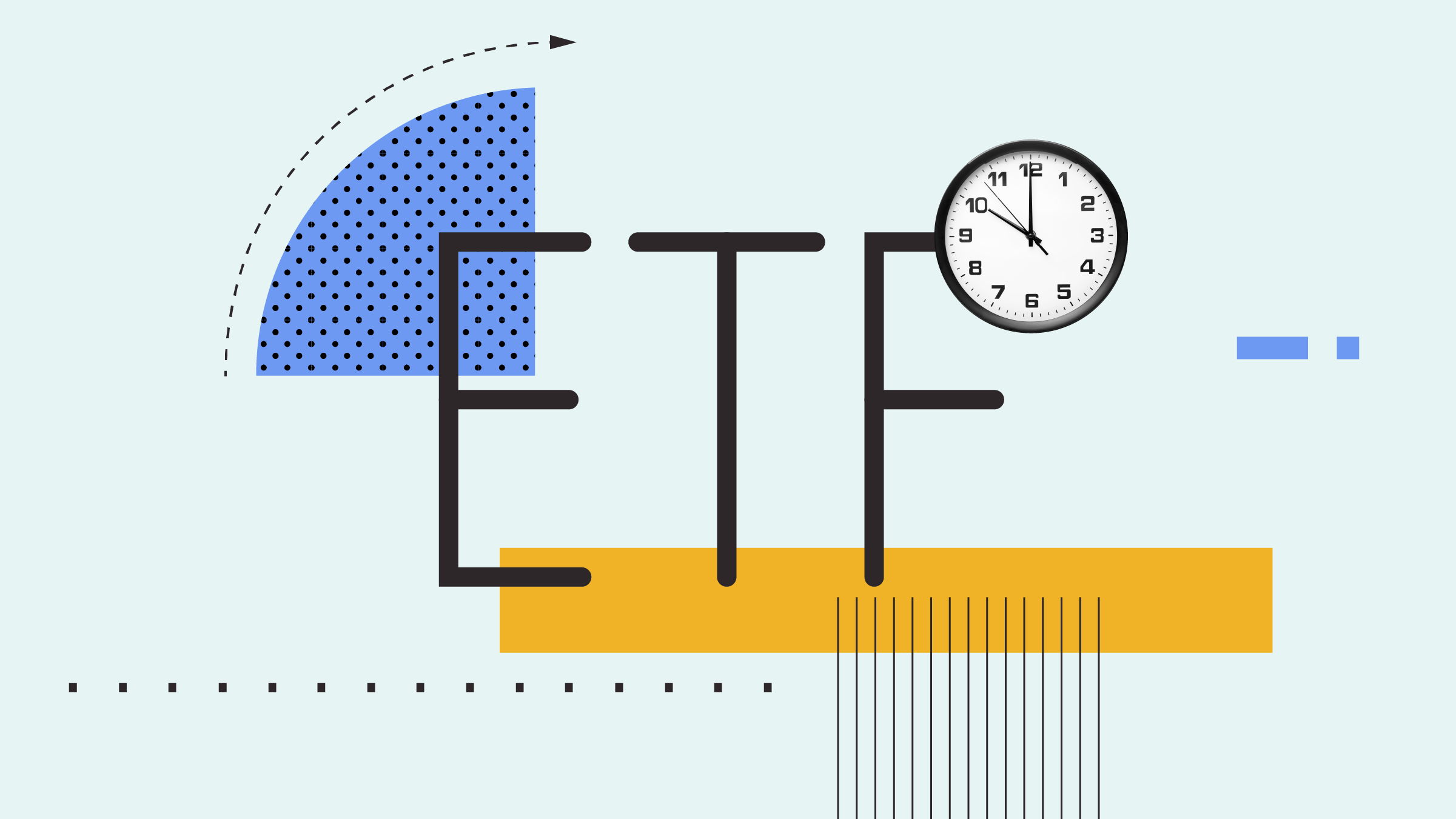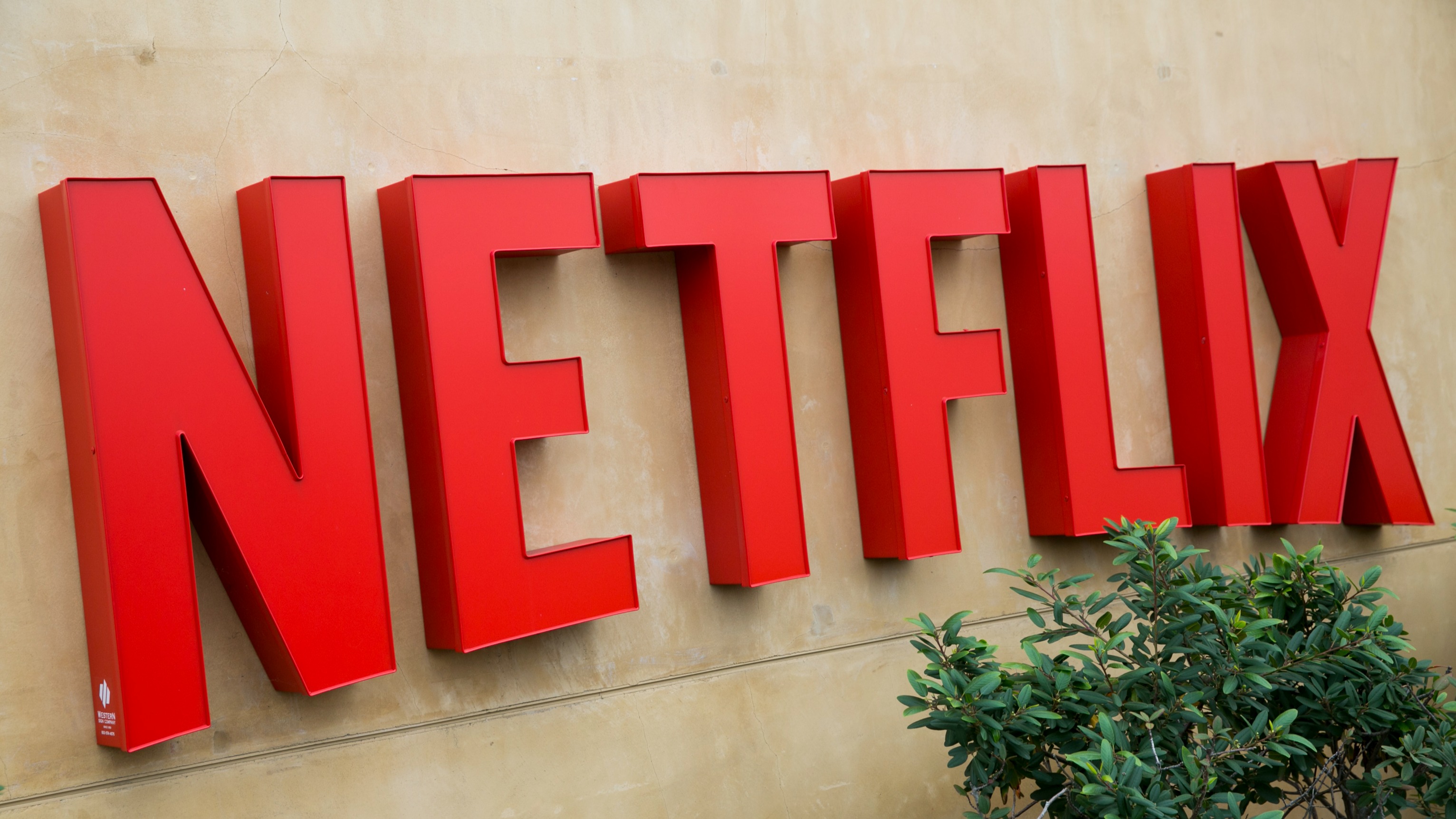This article is part of the Morningstar's Guide to Emerging Market Investing. Here, as part of our Perspectives series, Verena Wachnitz, portfolio manager of the T. Rowe Price Latin American Equity fund discusses the outlook for Mexico.
One of the priorities for US President Donald Trump and his administration is to address the trade deficits and loss of jobs due to what he has deemed poor agreements with large US trading partners. Mexico and the North American Free Trade Agreement (NAFTA) are near the top of his list of concerns.
The uncertainty about what changes the administration may recommend or new policies it may implement has darkened investors’ outlook for Mexico and its markets.
We spent a week in the country earlier this year, meeting with company executives and with government and policy leaders. Those conversations helped illuminate some of the risks Mexico may face and opportunities it may offer over the coming year. However, we were struck by the strong sense of uncertainty expressed by nearly everyone we met. Since then, we have seen the Mexican peso recover as economic growth turned out to be more resilient than expected and rhetoric coming from Washington somehow calmed down.
Will Trump Take Action?
The potential steps Trump might take to implement his new trade policies include renegotiating NAFTA, while he could also impose a border adjustment tax on imports from Mexico. While the aim would be to reduce the trade deficit with Mexico – which was $60 billion in 2015 – it is not clear these aggressive policies would achieve that goal.
More than 80% of Mexico’s exports go to the US and there are no clear alternative destinations for these exports. This means a large tariff on Mexican goods would simply weaken the peso, reducing Mexico’s production costs in dollars versus US producers, more or less negating the effect of the tariff on trade volumes.
In addition, economies are highly integrated. For example, Mexico bought 18% of US manufacturing exports in 2015. Mexico-sourced intermediate good inputs also are an important part of US manufacturing supply chains. In other words, the US would also feel the impact of protectionist policies. Many Mexican exporters are US-owned companies. In fact, nearly 40% of the value added in US imports from Mexico originated in the US.
In the end, we believe the most likely outcome will be a more pragmatic solution, with a renegotiation of NAFTA that does not fundamentally change the terms of Mexico’s access to the US market, but updates the treaty with stronger labour standards and more stringent requirements for goods to receive duty-free status.
Political and Economic Impact
Mexico will elect a new president next year. President Enrique Peña Nieto’s popularity has been on a decline amid corruption allegations, which means his Institutional Revolutionary Party has little chance of winning.
The populist left-wing candidate, Andrés Manuel López Obrador, is currently leading the race. It is still early in the election season and López Obrador has several hurdles to overcome before the election, not the least of which is his high negative rating. But his nationalistic anti-corruption message is being well received by many voters, and he only needs to win in the first and only round to govern Mexico for the next six years.
Although he has been trying to portray himself as more moderate, many in Mexico still view López Obrador’s rise as the biggest risk facing the country.
Mexico’s economy accelerated in the beginning of 2017, with first-quarter GDP up 2.8% year-over-year. Growth has been supported by better export performance, while domestic demand has slowed. The labour market remained healthy, but higher inflation led to an erosion in real wages. Domestic demand is expected to slow further going forward, but manufacturing exports should continue to support overall economic activity.
Mexican Valuations Look Expensive
The peso remains relatively cheap despite its recovery from the post US elections sell-off. However, valuations for Mexican stocks remain above their historical average despite increased economic and political uncertainty.
Investors may be anticipating a more benign outcome to the current trade tensions or have yet to focus on the economic slowdown or the 2018 elections. Once the market begins to price in these variables, we may find opportunities to accumulate positions in select companies at more attractive prices.
The country has a strong institutional framework, a sustainable level of external debt, and an independent central bank. Many of its companies promote strong corporate governance and solid global business policies. These help form a positive foundation for the equity market. But they will not matter until some of the uncertainty surrounding trade policies, the economy and the election dissipates. And this may take some time.




























